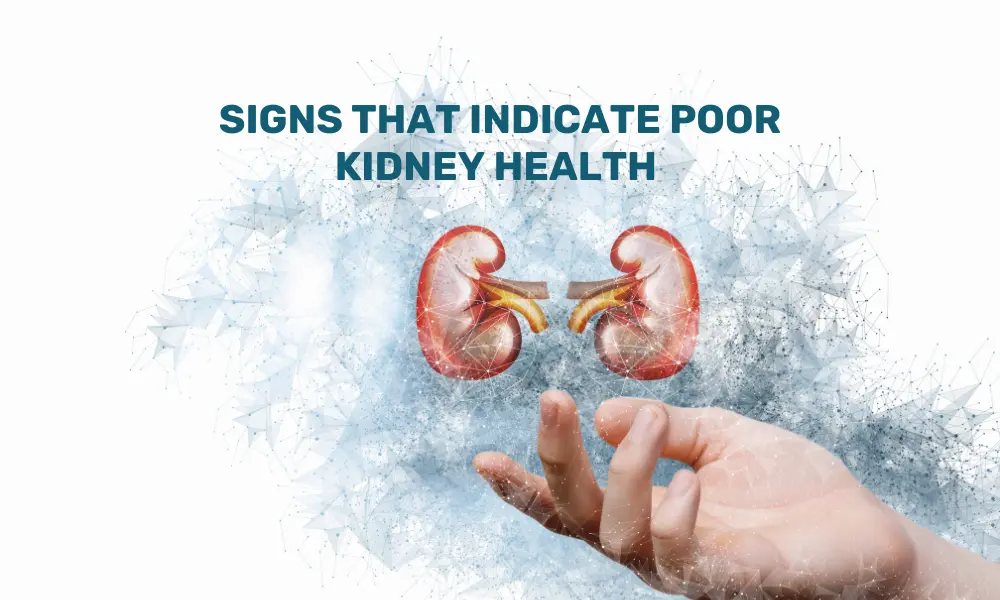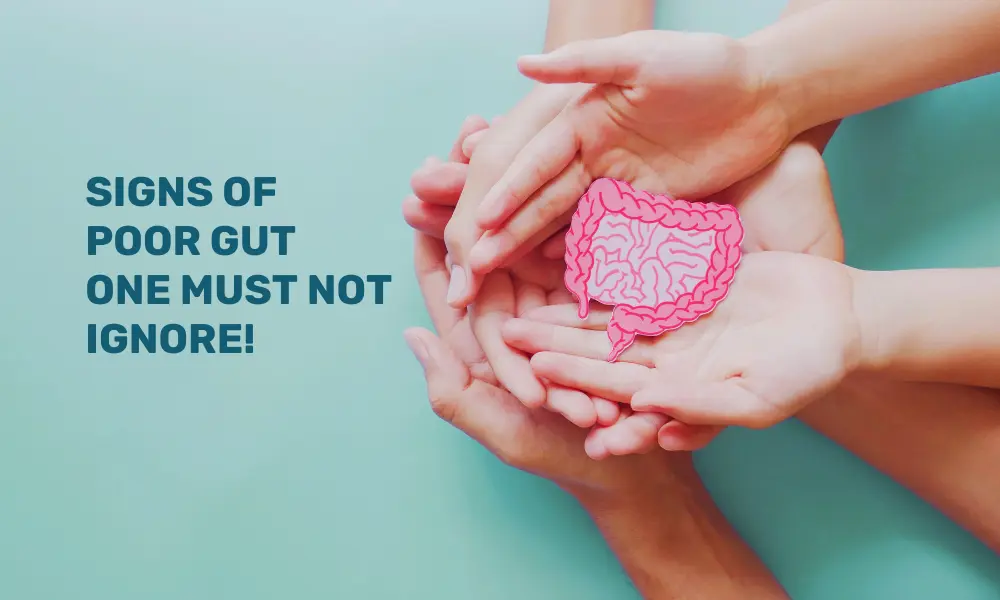Kidney failure is increasingly becoming a common healthcare issue, with over 2 million people across the world suffering from kidney failure.
Kidney failure has been recognized as a silent killer because people suffering from it generally are not aware of the presence of the disease. Even though there are many physical signs of kidney disease, people end up confusing these signs with other conditions. Usually, most of the symptoms do not show until the advanced stages, that is, when the kidneys start to fail or when there are large amounts of protein in the urine.
According to the National Kidney Foundation, there are multiple reasons for kidney diseases which include diabetes and hypertension. Other health conditions like autoimmune conditions, urinary tract infections, and rheumatoid arthritis may also result in kidney damage.
Less-known signs of kidney disease
Here are five early warning signs of kidney disease that may indicate potential kidney disorder and should not be ignored:
-
Blood in urine: Blood in urine may occur when the kidneys let blood cells leak into urine. There can be different problems causing this leaking to happen, including urinary tract infections or UTIs, which occur when the bacteria get into the tube through which urine leaves the body. It can also be an early signal of developing kidney stones or tumors.
-
Dry and itchy skin: Even though you may have dry skin because of weather changes, kidney disease can also cause irritated and itchy skin, known as pruritus. Those who have pruritus also experience a rash, skin lesions, and dry skin due to scratching. The condition develops due to the buildup of toxic chemicals that the kidneys filter out of our blood. However, if they are infected, the kidneys would be unable to filter blood as usual, causing skin problems. According to doctors, rashes may not appear in the early stages but when the minerals in the blood become unbalanced due to the organ’s diminished filtering capabilities.
-
Drowsiness and sleep problems: Chronic kidney disease is also linked to a heightened probability of sleep apnea and other sleeping disorders. According to doctors, having more toxins in our blood can also make it difficult to sleep well.
-
High blood pressure: The nephrons in our kidneys are supplied with blood vessels, which handle high volumes of blood flowing through them. If you suffer from high blood pressure or hypertension, the condition can cause these blood vessels to weaken or harden over time, limiting the blood supply to the kidney tissue. Already elevated high blood pressure continues to rise due to poorly functioning kidneys, causing the body to retain more fluids.
-
Puffiness around the eyes: While puffiness around the eyes in the morning can be due to several reasons, a prolonged state can indicate a serious kidney disease. According to doctors, swelling can occur when the kidneys tend to leak a large amount of protein in the urine rather than storing it in our body. Over time, it also develops into a condition known as Periorbital Edema, which causes inflammation due to the accumulation of fluid in the tissues or the cells.
How to treat symptoms of kidney disorder?
If you notice any of the above-mentioned signs, it is important to visit your doctor, make adequate lifestyle changes, and take appropriate medications. Some lifestyle changes that may help an individual take care of kidneys may include:
-
Increasing physical activity
-
Reducing or eliminating alcohol use
-
Drinking enough water
-
Quitting smoking
-
Maintaining a moderate weight
-
Eating a healthy diet full of fruits, vegetables, and whole grains
-
Decreasing the amount of stress in your life
Depending on your condition’s severity, your doctor may suggest a combination of medications.
FAQ on Kidney Health
How do I know if my kidney is healthy?
To check kidney’s health, one may take a test called the GFR urine test.
How do you treat a weak kidney?
Late-stage kidney disease may require dialysis or a kidney transplant.
How do I clean my kidneys naturally?
It is recommended to drink enough water during the day, as this is crucial to promote urination, through which the kidneys secrete waste products.





